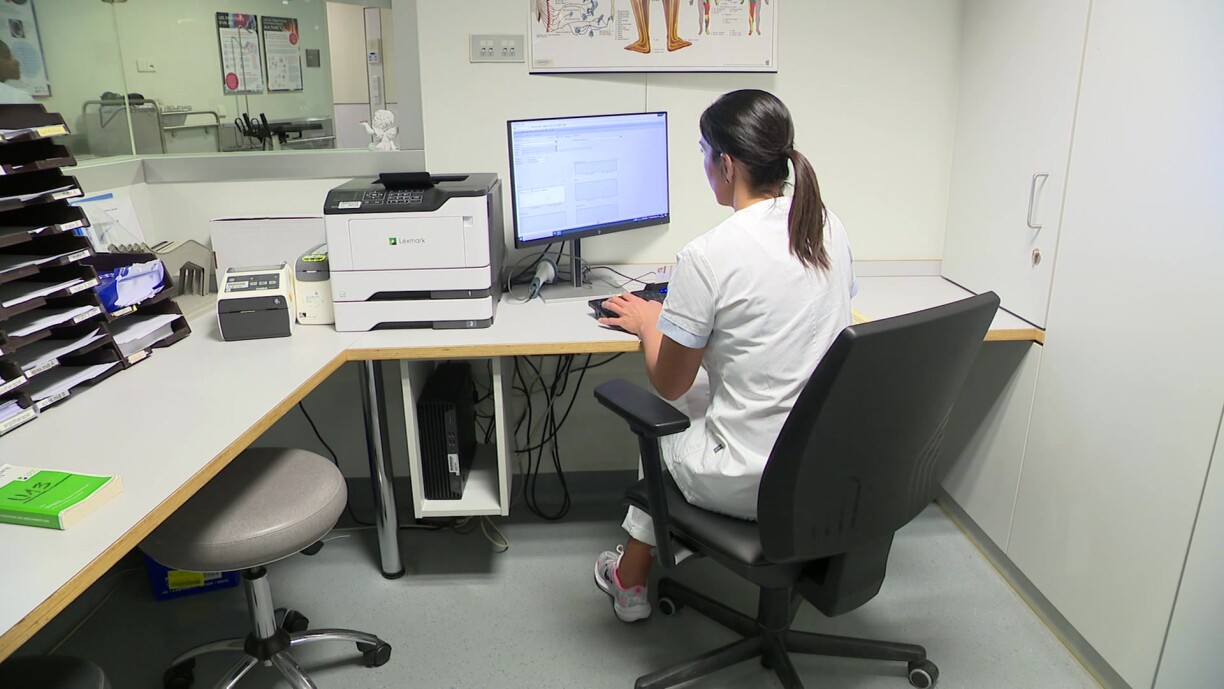
As of 2023, Luxembourg had 4,344 caregivers, an increase of 612 over five years. However, the number of caregivers residing in the country has decreased, as has the number of students completing caregiver training. During the 2018/19 school year, 135 individuals graduated from caregiver programs in Luxembourg. Since then, this number has declined, with only 112 graduates last year, including adults changing careers.
Whether in hospitals, homes, or care facilities for the elderly, caregivers play a key role in maintaining their patients’ health and quality of life. Their responsibilities include assisting with daily activities such as hygiene, food, and mobility, as well as monitoring health and offering emotional support. Often, they become indispensable to the lives of those they care for.
To address the looming shortage, the Federation of European Social Employers (COPAS), has proposed introducing the role of a graduate technician, positioned between a caregiver and a nurse. This intermediary role aims to fill gaps while distinguishing clearly between the responsibilities of caregivers and nurses. However, trade unions and the Luxembourgish association of caregivers (ALAS) oppose the creation of new health professions, arguing that this would dilute the value of existing roles.
Instead, ALAS advocates for increasing opportunities for caregivers to pursue advanced training. The association also suggests introducing children to the caregiver profession during their final years of primary school to inspire interest and address misconceptions about the field.